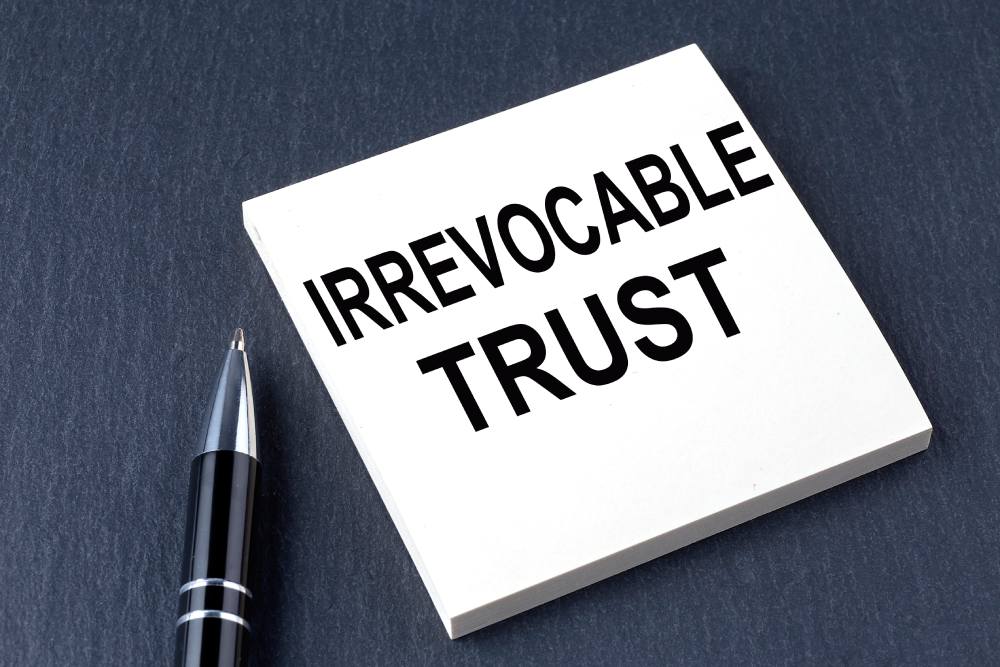When planning for your financial future, what should be included in a financial plan to protect assets is an important consideration. A solid financial plan is more than just about accumulating wealth.
It is about safeguarding that wealth from potential risks, such as creditors, lawsuits, and even future medical expenses. The goal is to make sure that your assets are protected while growing over time.
Understanding Asset Protection
Asset protection refers to strategies that help shield your wealth from risks like lawsuits, creditors, and other claims. Without proper planning, your assets could be vulnerable to these risks. A well-crafted financial plan should include strategies designed to minimize these threats while maximizing the growth and preservation of your wealth.
- Insurance Coverages
One of the first steps in protecting your assets is having proper insurance coverage. This can act as a safeguard against unexpected events that could otherwise deplete your wealth. Common types of insurance to include in your plan are:
- Life Insurance: To protect your family’s financial future.
- Health Insurance: To avoid a financial burden due to medical expenses.
- Umbrella Insurance: To offer extra liability coverage beyond the limits of your existing policies.
- Disability Insurance: To protect your income in case of injury or illness.
Having these insurance types in place can offer peace of mind and make sure your assets are protected if something unexpected occurs.
- Estate Planning
A comprehensive estate plan is necessary for protecting assets and making sure that they are passed down according to your wishes. Key components of an estate plan include:
- Wills: To dictate how your assets are distributed after your death.
- Trusts: To manage your assets while you are alive and guarantee a smooth distribution after your death.
- Durable Power of Attorney: To grant someone the ability to make financial decisions on your behalf if you become incapacitated.
- Legal Entities and Structures
Using legal entities such as Limited Liability Companies (LLCs) or Family Limited Partnerships (FLPs) can help protect personal assets from business liabilities. These entities let you separate your personal wealth from business risk.
- LLCs are particularly useful for shielding your personal assets from lawsuits related to business activities.
- FLPs allow families to pool assets together and allocate control and ownership, providing a layer of protection against creditors.
Setting up these legal entities can provide protection while bringing additional benefits in terms of estate and tax planning.
- Diversification of Investments
Diversifying your investments is another key strategy for protecting your assets. You reduce the risk of losing everything in case one market or asset class suffers a downturn by spreading your investments across different asset classes.
Diversification can include:
- Stocks and Bonds: A mix of stocks and bonds can help balance risk and return.
- Real Estate: Investment in real estate can provide a hedge against market volatility and inflation.
- Alternative Investments: Investments such as commodities or hedge funds can also provide additional diversification.
- Retirement Accounts
Retirement accounts like 401(k)s and IRAs offer significant protection for your assets. These accounts are often shielded from creditors, providing an extra layer of protection against potential claims. Contributing to these accounts also allows you to grow your wealth tax-deferred.
- Self-Directed IRAs: A self-directed IRA gives you the opportunity to take control of your investments within the IRA, giving you the ability to invest in assets, such as private equity, real estate, and more.
Using retirement accounts not only provides tax benefits but also makes sure your retirement funds are protected from most legal claims.
- Nevada Asset Protection Trust
If you are looking for stronger asset protection strategies, consider setting up a Nevada asset protection trust. Nevada is known for its strong asset protection laws, allowing you to protect your wealth from creditors while maintaining control over the assets in the trust.
This type of trust can shield your assets from lawsuits and creditors, making it an effective tool for those in high-risk professions or with significant assets to protect.
- Regular Review of Your Plan
A financial plan is not a one-time task; it requires regular reviews and updates. Changes in your personal life, income, tax laws, or financial goals should be reflected in your asset protection strategies. Periodically revisiting your plan will help make sure it remains effective in protecting your wealth.
You should also be proactive in adapting to changes in the legal landscape, such as updates to asset protection laws or estate tax laws, to make sure your wealth remains secure.
How Nevada Trust Company Can Help
Nevada Trust Company specializes in helping individuals and families develop comprehensive financial plans that prioritize asset protection. If you are interested in creating a Nevada asset protection trust, setting up a self-directed IRA, or need custody and escrow services for your investments, we offer the expertise to help protect and grow your assets. Our team is committed to providing you with personalized solutions to secure your financial future.
When considering what should be included in a financial plan to protect assets, it is important to incorporate multiple strategies, such as insurance, estate planning, legal entities, and diversification.
Furthermore, using specialized trusts like a Nevada asset protection trust can offer extra protection from creditors and legal claims. You can make sure that your wealth is well-protected and that you are prepared for any unexpected challenges that may arise by regularly reviewing your financial plan and seeking professional guidance.
If you are looking for assistance with asset protection, Nevada Trust Company is here to help you create a secure financial future. Contact us today.



